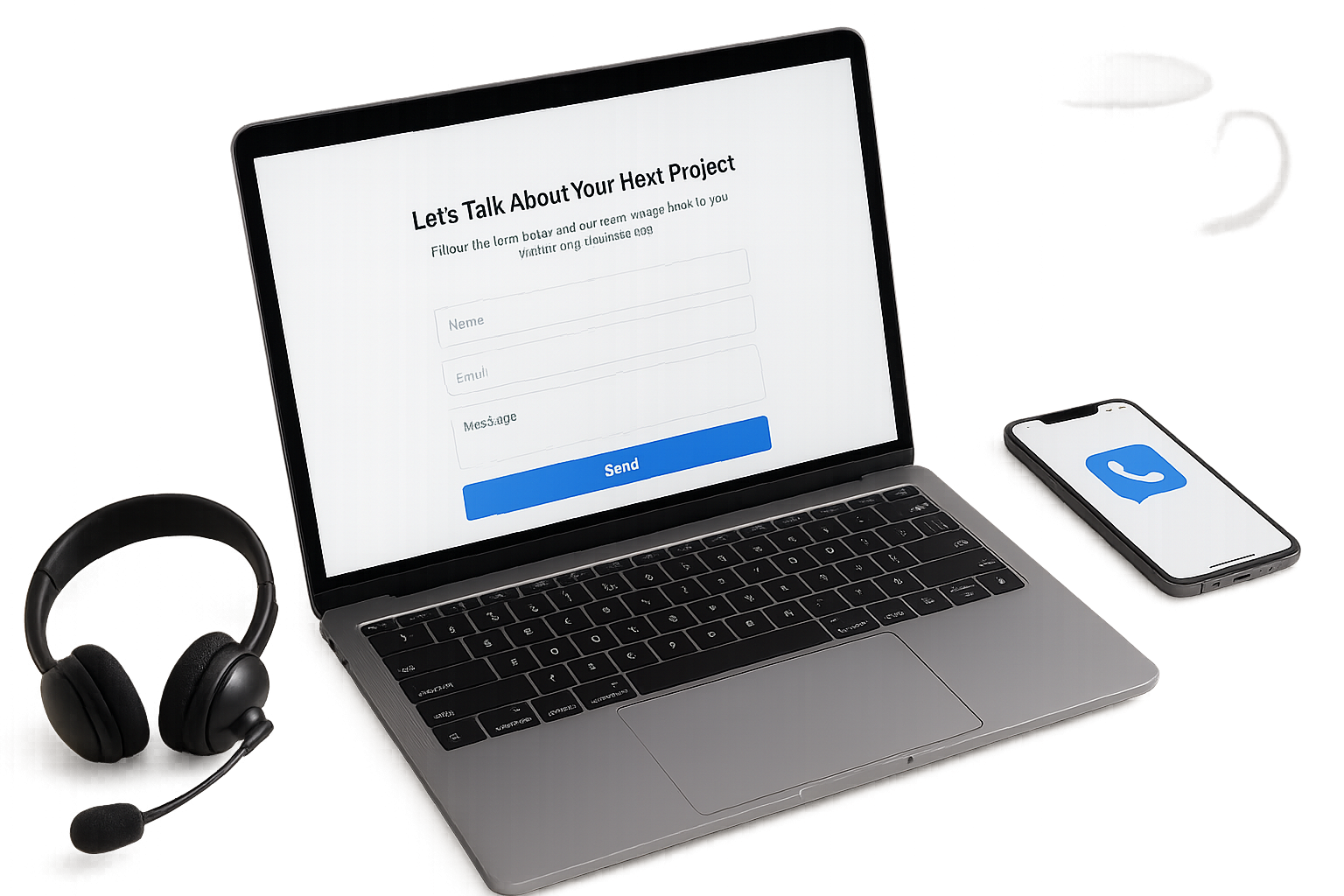Expert Software Development Solutions for Pay-Per-Click Advertising and Google AdWords Contextual Advertisements

What is a Click in Advertising? Understanding Its Impact on Your Marketing Strategy

Have you ever wondered, What is a click in advertising? ⭐ Its more than just a number; it represents opportunities! In the world of online marketing, a click is often the bridge between potential customers and your business. Each click signifies someone showing interest, clicking on your ad, and taking the first step towards becoming a paying customer.
The Magic Behind a Click
When you think about it, each click is a chance to connect. For instance, let’s say you have an online store selling unique gadgets. You run a Pay-Per-Click Advertising campaign on Google AdWords. Every time someone clicks your ad, theyre expressing interest in those gadgets. It’s an essential interaction! ⭐
But did you know that according to recent statistics, businesses earn an average of £2 for every £1 spent on Google Ads? This means that understanding click dynamics could potentially double your investment! ⭐
Why Focus on Clicks?
- Measure Effectiveness: Tracking clicks helps you gauge how well your ads resonate with the audience.
- Optimize Campaigns: More clicks often mean better ad placements. Adjusting bids based on performance can enhance visibility.
- Drive Engagement: Each click paves the way for deeper engagement, leading to conversions. Think of it as opening a door to a new relationship!
The Cost Element: Understanding the Bid Per Click
Now, you might be asking, How to calculate the price per click? ⭐ The answer lies in understanding the bid per click. This is how much youre willing to pay for each click on your ad. It varies based on competition, ad relevance, and quality score.
For example, if you’re running ads for a high-demand product, like eco-friendly gadgets, the competition can be fierce. Therefore, you might find out that How much does one click cost in Google? could range anywhere from €0.50 to over €2.00, depending on keyword difficulty and market saturation. ⚖️
Understanding Click Dynamics with Real Scenarios
Consider Anna, a small business owner who sells handmade jewelry online. She decided to invest in a Google AdWords campaign. At first, she wasn’t seeing the results she expected. But after learning to refine her bids, and focusing on high-performing keywords, the clicks on her ads doubled, significantly leading to a noticeable increase in sales. Now, she receives numerous inquiries daily! ✨
| Action | Before | After |
| Monthly Ad Spend (EUR) | 300 | 300 |
| Average CPC (EUR) | 1.50 | 1.00 |
| Total Clicks | 200 | 300 |
| Conversion Rate | 2% | 5% |
| Monthly Revenue (EUR) | 60 | 150 |
Expert Insights for Better Click Performance
To increase your clicks, consider these expert tips:
- Keywords Matter: Use keywords that resonate with your target audience. Think about what they might search for!
- Ad Quality: High-quality ads with relevant content attract more clicks. Keep it catchy and clear! ⭐
- Testing and Tweaking: Regularly test different versions of your ads to see what works best.
At Nexrilo, our team of professional specialists is here to help you navigate these waters with 20 years of experience behind us. We can assist you in ordering contextual advertising, Google AdWords campaigns, and custom solutions tailored to your needs. Don’t wait! Contact our customer relations manager, Ecaterina, at [email protected] or sign up on our website nexrilo.com. ⭐
Frequently Asked Questions
- What is a click in advertising? A click represents a user action indicating interest in an ad, leading to further engagement.
- How much does one click cost in Google? The cost per click can range from €0.50 to over €2.00 depending on the competition and keywords.
- What is a bid per click? It’s the maximum amount a business is willing to pay for a click on their ad.
- How to calculate the price per click? Divide your total ad spend by the number of clicks you receive.
- What factors affect click pricing? Factors include competition, relevance of the ad, and quality score.
- How can I improve my ad clicks? Focus on keyword relevance, high-quality ad content, and regularly test your ads.
- Why is tracking clicks important? Tracking clicks helps measure the effectiveness of your marketing strategy.
- What are the benefits of Pay-Per-Click advertising? It offers measurable results, increased visibility, and targeted marketing.
- How does ad quality affect clicks? Better quality ads attract more clicks as they resonate more with the audience.
- Can I control my CPC? Yes, by adjusting your bids and optimizing your ads according to performance metrics.
How to Calculate the Price Per Click: Unveiling the Secrets Behind Pay-Per-Click Advertising

Are you ready to dive into the world of Pay-Per-Click Advertising? ⭐ Understanding how to calculate the price per click is crucial for making the most of your digital marketing budget. So, let’s break it down to see just how you can optimize your advertising spend effectively!
The Basics of Click Pricing
Did you know that determining your price per click (PPC) can significantly impact your marketing strategy? It’s the amount you pay for each click your ad receives. ⭐ The formula is simple: Price Per Click (PPC) = Total Ad Spend / Total Clicks. This equation can help you understand how much each interaction costs you, and guide your budgeting decisions.
Example of Pricing Calculation
- Total Ad Spend: €300
- Total Clicks: 150
- Price Per Click: €300 / 150 = €2.00
In this instance, you’d be paying €2.00 for each click on your ad. Its easy to see how this cost adds up, especially if youre targeting high-traffic keywords!
Factors That Influence Your Click Costs
Understanding how to calculate the price per click isn’t just about the formula. Several factors affect what you actually pay:
- Ad Quality: Higher quality ads often cost less per click because they receive a better Quality Score from Google.
- Competition: High demand for specific keywords can drive up the bid prices, meaning you’ll have to pay more to get noticed.
- Ad Relevance: If your ad closely matches users search queries, you’re less likely to pay more for clicks.
Real-Life Scenario: Anna’s Eco-Friendly Store
Let’s look at Anna again, this time focusing on her eco-friendly products. Initially, she found that her click costs were high—about €3.50 for targeted keywords. After analyzing her click-through rates and adjusting her ad copy for better relevance, she managed to lower her average cost to €1.80 per click! ⭐ This adjustment not only saved Anna money but resulted in better engagement and increased sales.
| Situation | Initial Click Cost | Adjusted Click Cost |
| Total Ad Spend (EUR) | 350 | 360 |
| Total Clicks | 100 | 200 |
| Price Per Click (EUR) | €3.50 | €1.80 |
Strategic Bidding: Maximizing Your Budget
Once you’ve figured out how to calculate the price per click, it’s time to use strategic bidding to optimize your ad budget. Consider these strategies:
- Bidding Types: Use automatic bidding to let algorithms handle bids, or manual bidding for total control.
- Set a Maximum CPC: Define the highest price you’re willing to pay per click. This could prevent overspending.
- Optimize Keywords: Regularly review the performance of your keywords to adjust your bids accordingly.
In the world of digital marketing, you want every euro spent to work hard for you. With a solid understanding of how to calculate the price per click, you can spend wisely and effectively. Our team at Nexrilo is here to help you navigate the complexities of online advertising! ✅ Feel free to reach out to us directly at [email protected] or visit nexrilo.com to explore our comprehensive services, from setting up effective PPC campaigns to ongoing support!
Frequently Asked Questions
- How do you calculate the price per click? Price per click is calculated by dividing total ad spend by total clicks.
- What factors affect click pricing? Factors include ad quality, competition, and ad relevance.
- What is a good price per click? A good price can vary, but an average range is usually between €0.50 and €2.00, depending on the industry.
- How can I lower my click costs? Improve ad quality, optimize keywords, and regularly adjust your bids based on performance.
- Why is ad quality important? Higher quality ads typically cost less per click and result in better visibility.
- Can I control my PPC costs? Yes, you can set max CPC bids and regularly review campaign performance.
- What is a Quality Score? A metric Google uses to measure the quality and relevance of your ads and keywords.
- How often should I review my click costs? Regular reviews—at least monthly—are advisable to optimize your budget.
- What’s the difference between manual and automatic bidding? Manual gives you complete control, while automatic lets algorithms manage it for you based on your settings.
- Can I use PPC for all types of businesses? Yes! Many businesses across various industries successfully use PPC advertising.
Fill out the form below and our team will reach out within one business day
